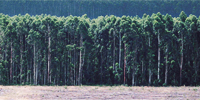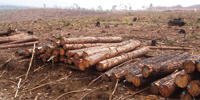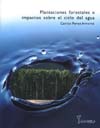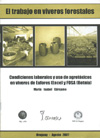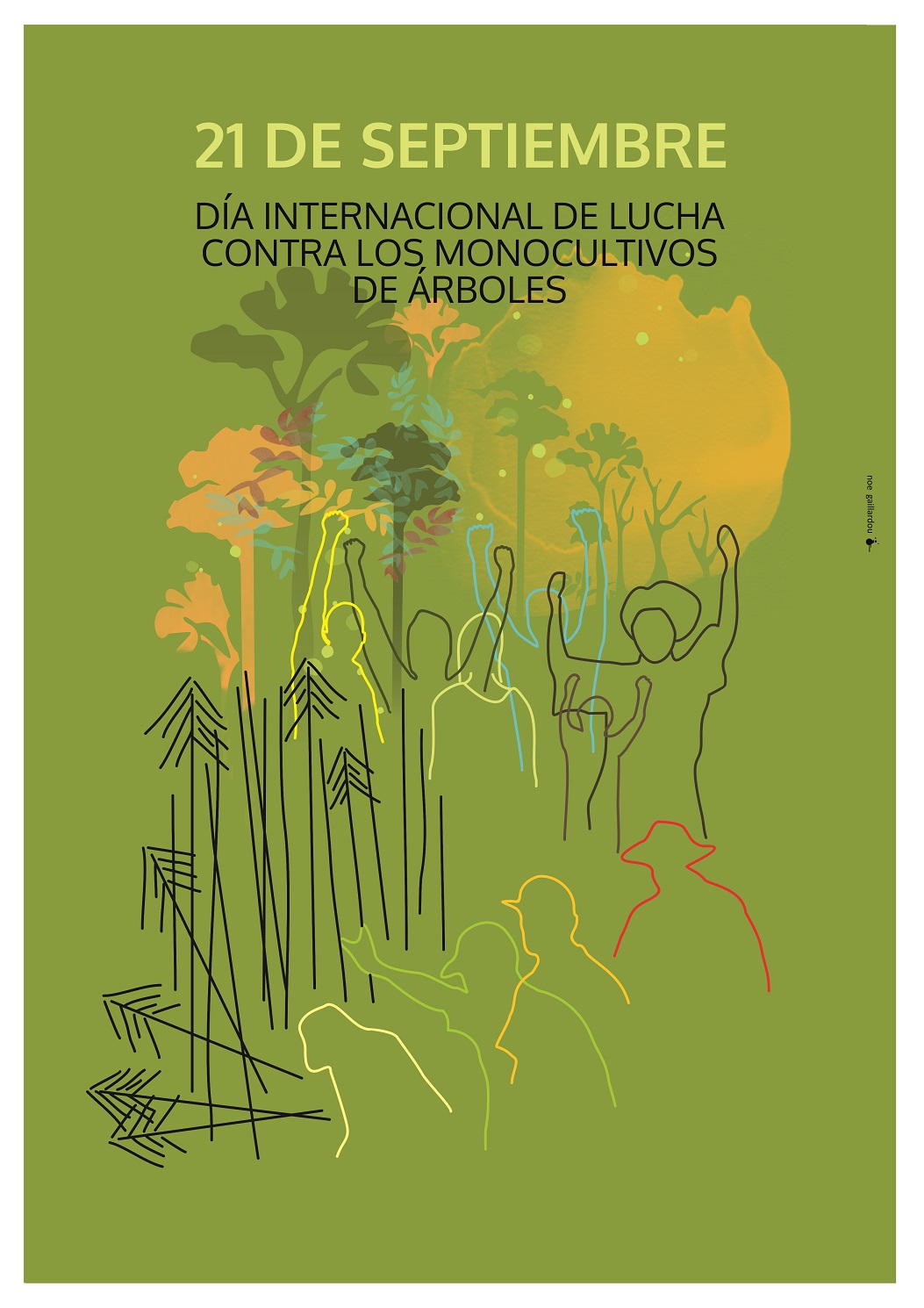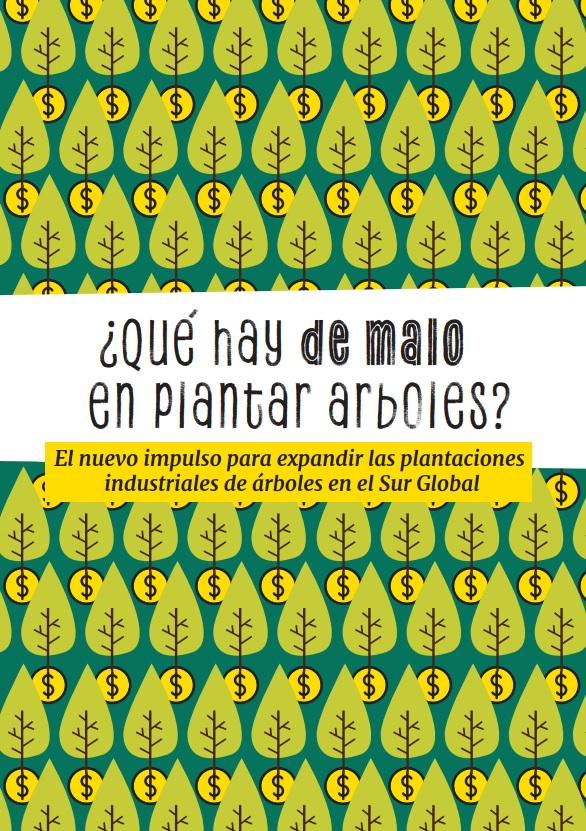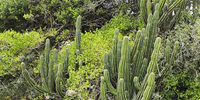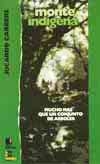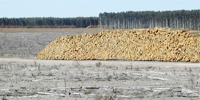PARAR LA FORESTACIÓN
SUS IMPACTOS
CONOCIENDO EL MONTE
RECOMENDAMOS
DESTACAMOS
Info in English
ARTE Y RESISTENCIA
Recibir informacíón
BIBLIOGRAFÍA
SUS AMENAZAS
DESTACAMOS
NORMAS LEGALES
POR QUÉ LA OPOSICIÓN
EMPRESAS en URUGUAY
DESTACAMOS
INFORMACIÓN COMPLEMENTARIA
ENLACES
articles
Subsidies and the Botnia Pulp Mill
Presentation at “Sustainable pulp production in Latin America or just pulp fiction?” – European Parliament, Brussels, 16 May 2007. By Chris Lang, World Rainforest Movement. Read the full presentation here
Uruguay: Botnia pulp mill – “Why is EU public money being used?”
Botnia is currently building the world’s most controversial pulp mill at Fray Bentos in Uruguay. It is doing so with hundreds of millions of tax payers’ dollars funnelled through the World Bank, the Finnish export credit agency and the Nordic Investment Bank. The profits produced, along with the pulp, will be exported. On 16 May […]
Uruguay: Though not yet in operation, Metsa Botnia’s pulp mill already smells rotten
It is almost certain that the Finnish public know little or nothing about Uruguayan history and on how this history relates to the current Metsa Botnia pulp mill project in this country. It is therefore important to explain that a military dictatorship ruled Uruguay from 1973 to 1984. During that period the military violated every […]
Brazil and Uruguay: Stora Enso’s promises and the harsh reality
For some months now, declarations have been circulating in Southern Brazil and in Uruguay, both by members of the Swedish-Finnish company Stora Enso and by Government authorities of these countries regarding the advantages for the local population of the installation of the company’s pulp mills in the region. The president for Latin America of Stora […]
EU President implicated in Forest Crimes: Greenpeace reveals connections with illegal logging scandal
A Greenpeace International report released today reveals how illegally logged timber from Russia is being freely imported into Finland to factories including those of Stora Enso, which is partly owned by the Finnish State. Finland currently holds the Presidency of the European Union and assures the world that it upholds principles of sustainable forest management. […]
Partners in Crime: a Greenpeace investigation into Finland’s illegal timber trade with Russia
by Greenpeace Whilst the Finnish Government tries to assure the world that it upholds principles of sustainable forest management and forest protection, it continues to launder illegally and unsustainably logged Russian timber through its border into the European market and beyond. Between June and August 2006, Greenpeace documented widespread illegal logging in the Russian Karelian […]
Letter for the de-certification of EUFORES, COFOSA, COFUSA and FYMNSA
Press Release – September 1, 2006 Organizations from eight different countries are requesting the Forest Stewardship Council –a labelling scheme that certifies good forest management practices- to withdraw the FSC certificate awarded to a number of companies in Brazil, Colombia, Chile, Ecuador, Ireland, South Africa, Spain and Uruguay. The challenged certifications in all cases involve […]
Uruguay: The Botnia pulp mill project intends to profit from climate change
The Finnish company Oy Metsä-Botnia Ab (Botnia’s trade name) established in 1973, is the second largest pulp producer in Europe. It has four subsidiary companies, two of which are located in Uruguay: Compañia Forestal Oriental S.A. (FOSA), that has eucalyptus plantations; and Botnia S.A. established in 2003 to implement the project to install a pulp […]
“Yes to life, no to pulp mills” – protests against pulp mills in Uruguay
By Chris Lang. Published in Robin Wood Magazine, August 2006. Tens of thousands of people have protested against two planned pulp mills near Fray Bentos on the River Uruguay. A recent WRM report documents the social and environmental problems with the FSC-certified plantations which will provide raw material to the mills. A major political dispute […]
Uruguay: Four companies that should not be certified
In 1987 legislation was adopted that implied the promotion – by means of tax exemptions and subsidies – of large-scale monoculture alien tree plantations (mainly eucalyptus and pine) for export. It is thus that the country up till then based on agriculture and stock raising, started to convert part of its fertile grasslands into “green […]

